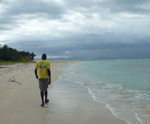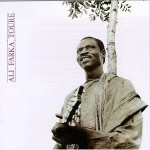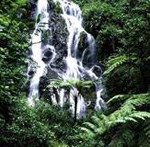Bataille pour l’Île-à-Vache: Interview avec Jérôme Genest de KOPI
Interview de Dady Chéry avec Jérôme Genest, Haiti Chery. Le Konbit Peyizan Ilavach (KOPI) est à l’avant-garde d’une lutte entre la branche exécutive d’Haiti et les habitants de l’Île-à-Vache, une île agricole de 52 kilometres carrés et 20,000 habitants au sud du pays.
Continue reading →








